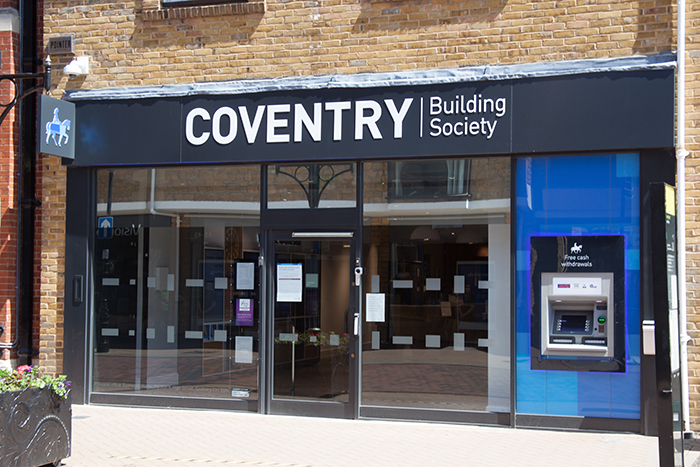
Commercial cases, by their very nature, can be more complex than residential ones. There’s often more involved in a business securing the funding it needs to expand or to purchase new premises than supporting traditional mortgage borrowers.
Those complications can throw a spanner into the works of an application, causing problematic delays and hold ups. So what should brokers bear in mind when submitting an application in order to get their cases through as quickly and smoothly as possible?
There’s no such thing as too much information
Regardless of which lender you’re working with, it’s important to see portal questions as a starting point – a foundation to build on – rather than the full extent of what a lender may need to know.
For example, if the property has an expiring lease, make sure you share whatever details you have about the future plans, or include the full company names for tenants so that the lender can properly identify the type of business being run from the premises.
There are many other examples that fall within this category, the sort of information which might be left out in the initial application and lead to avoidable delays. It could be that not all of the directors or large shareholders are named, or the financial information supplied is a little out of date.
On other occasions there are details from the assets, liabilities, income and expenditure (ALIE) missing, or a lack of a structure chart, which is absolutely crucial for the more complex deals.
Ultimately there is no such thing as too much information. If the lender has everything they might need to make a decision upfront, you’ll have a better chance of getting a quick answer.
Getting it straight through
Brokers are busy people, working with a host of different clients on a range of deals at any one point. They don’t want to spend time having to go back and forth with a lender over an application – the ideal is to ensure the lender only needs a single review of an application in order to make a decision.
That relies on the application being as comprehensive as possible. If the information a lender will need in order to make a decision isn’t yet available, then it’s always better to wait before submitting.
Take special purchase vehicles (SPV’s), a common structure for those in the commercial space. We have seen cases where the SPV has not yet been incorporated but the application has been submitted. The reality is that no lender can make a decision on a case without that information, so pushing ahead ‘early’ won’t actually mean the process is faster.
Communication is key
Quality lines of communication are at the heart of any smooth application. The broker relies on the initial dialogue with the client in order to get the information they need about the case. The clearer they are when sharing those details with the lender, the better the chances of smooth progress.
The communication between the broker and the lender goes both ways though. The lender has BDMs on hand to support brokers with their questions and queries about cases, and to help get things moving. And when there are deadlines in place, for example around when certain information needs to be shared, then being open about potential difficulties in meeting those deadlines is vital.
As a lender, we don’t want to unnecessarily close down a case because the broker hasn’t updated us on a delay – if those issues are shared, we can overcome them together.
Working together
Brokers will know only too well that each lender is different and has their own individual processes.
Some will have a more cookie cutter approach, while others take the time to consider each case on its individual merits. This latter mindset enables the lender to offer bespoke pricing on commercial cases.
In our most recent SME Pulse, a quarterly survey of commercial brokers, the greater use of bespoke pricing was among the main things on brokers’ wish lists for 2025. They understand the frustrations that can emerge when lenders view everything as black and white, treating business borrowers as a homogenous group rather than getting to grips with them as individuals.
David Castling is head of intermediary distribution at Atom bank



